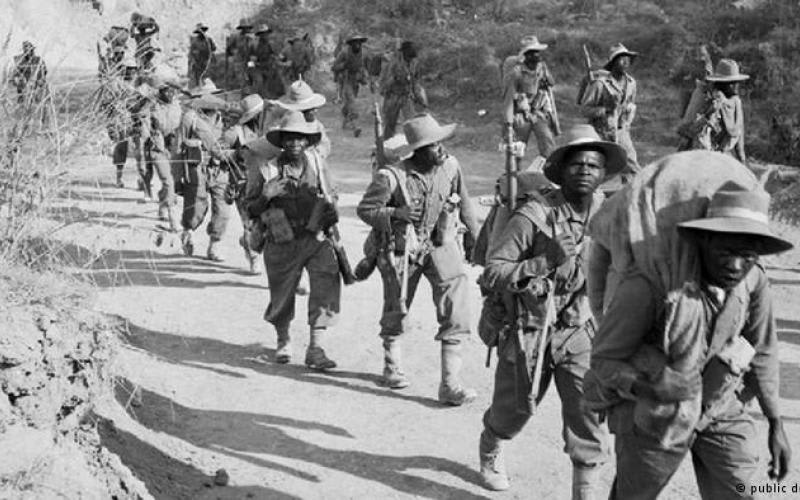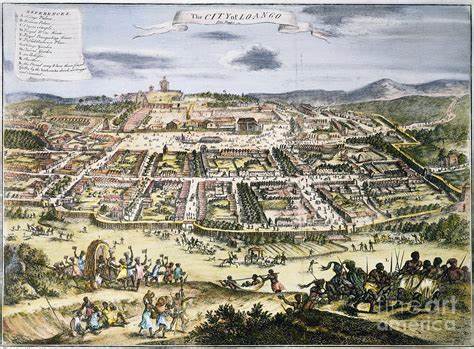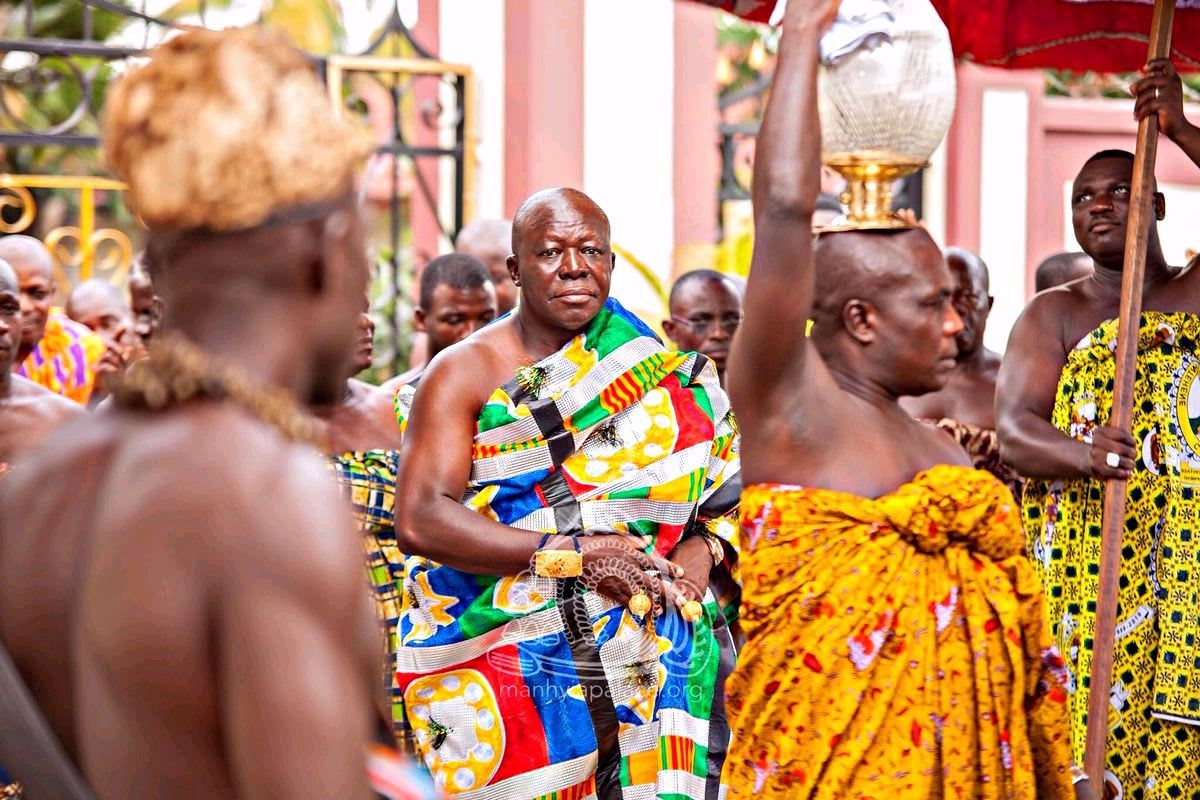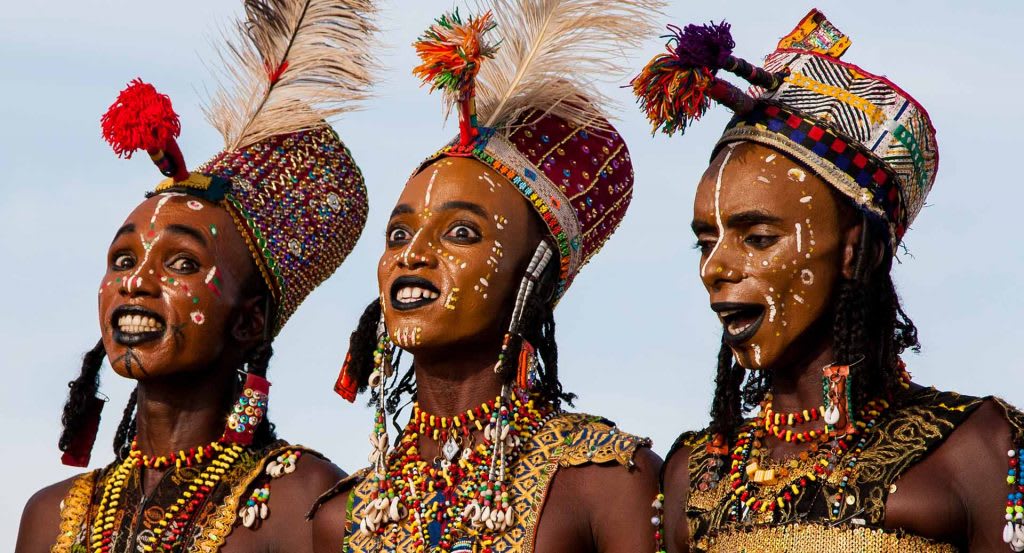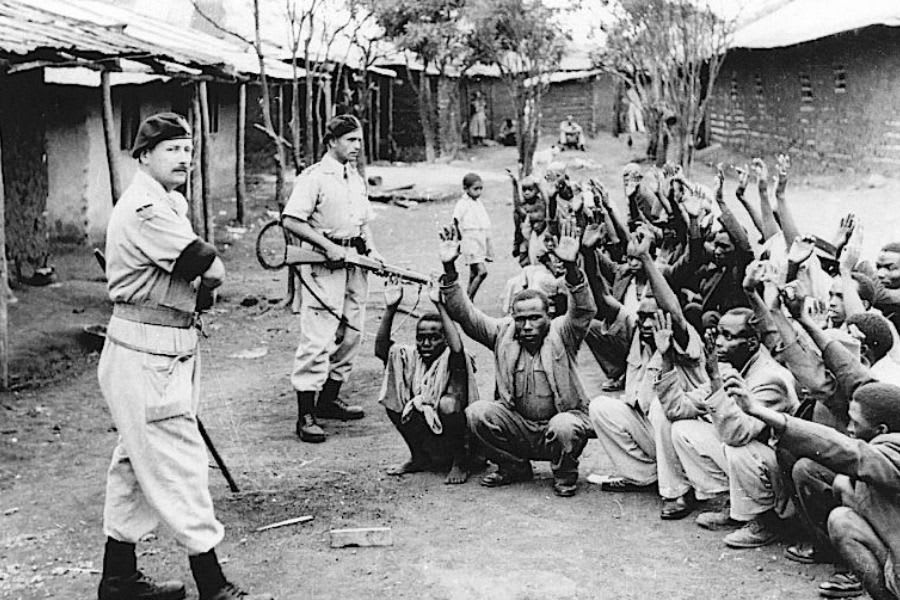Every year, the 25th of May serves as an important day for all African peoples on the continent and the rest of the world. The 25th of May goes beyond simply being a commemoration of the birth of the Organization of African Unity (OAU).
It is a day that significantly and existentially reminds us of where we come from collectively as Africans; our place in the contemporary global order of imperial and racist domination; and, most importantly, where we are headed as a people fighting for decolonization.
The common thread which binds people of African descent across the whole world is the shared history of liberation struggles. And this is where the indispensable salience of Africa Day comes to the fore.
Africa Day, celebrated on May 25 each year, is the commemoration of the foundation of the OAU, which came to life on 25 May 1963. The holiday was formerly recognized as African Freedom Day and African Liberation Day.
The OAU was later changed into the Africa Union (AU), which has remained the name of the continental body up to now. Although the OAU was transformed into the AU on 9 July 2002, the Africa Day holiday is still celebrated on 25 May.
The Brief History of the OAU and the Commemoration of African Liberation (Africa Day)
At the peak of anti-colonial/anti-imperial struggles in the late 1950s and 1960s, the coming into existence of the OAU was a major victory for African peoples across the world. This was a sign of much-needed optimism and strength. And this also embodied the concrete and symbolic manifestation of the fierce determination valiantly exuded by African peoples in extricating themselves from the shackles of “foreign domination and exploitation”.
When Ghana won its independence in 1957, the country’s iconoclastic founding leader, Kwame Nkrumah, defiantly stated that his country’s political self-determination was futile if the rest of the continent was not freed from racialized colonial subjugation. The First Congress of Independent African States signified the earliest portent of a self-determining cross-continental body. It was held in Accra, the capital of Ghana, on 15 April 1958, and it was convened by Kwame Nkrumah.
The wild fires of Pan-African solidarity were palpable during that time; such unity was a shared reality across the continent. The Pan-African Congress of 1958—an idea and reality that first came to life in 1900—diverted its energies and attention towards focusing on the progress of liberation struggles across the continent; with the altruistic vision of ensuring the liberation of all African peoples from racist, imperial domination. This was also the first time that this Congress met on African soil—showcasing how serious, unbreakable, and unrelenting the anti-colonial struggle had become in Africa and across the rest of the world.
Important to note is how this Congress planted and cemented the laudable idea in the consciousness of African peoples and liberation leaders that it was absolutely necessary to convene subsequent annual meetings of African heads of states and governments.
When it convened in 1958, the Congress called for the founding of an ‘African Freedom Day’ [on annual basis] in order to “…mark each year the onward progress of the liberation movement, and to symbolise the determination of the people of Africa to free themselves from foreign domination and exploitation”. Subsequent anti-colonial meetings—notably the Casablanca Group and the Monrovia Group—ultimately gave way to the formation of the OAU on 25 May 1963; five years after the 1958 Congress convened by Nkrumah in Ghana.
The Shared History of Liberation Struggles Among African Peoples Entrenched by ‘Africa Liberation Day’—Now ‘Africa Day’
When the representatives of thirty African nations assembled in Addis Ababa, Ethiopia to mark the OAU’s birth, the biggest task at hand was ensuring—an arduous task abetted by the revolutionary atmosphere of unrivalled solidarity, bravery, tenacity, and selfless optimism—the continuance of acerbic anti-colonial wars of independence in Angola, Mozambique, Southern Rhodesia, and South Africa. Most of African states obtained their independence in the early 1960s, but for Southern Africa, the intransigence of colonial masters, aided by imperialist powers in the West, demanded more radical struggles.
The major issue that seized political leaders at the historic formation of the OAU revolved around decolonization efforts—that is, securing the freedom and happiness of African peoples and nations; fighting for improved standards of living; and restoring African pride in its rich cultural and historic heritage. And to perpetuate decolonization efforts, both for material/physical and mental decolonization, a special day was needed to celebrate the essence of African being and identity.
When the OAU charter came to life (after all the delegates who attended had signed it on 26 May, except for Morocco), Emperor Haile Selassie, the host of the summit, boldy proclaimed, “May this convention of union last 1,000 years!” As such, ‘Africa Freedom Day’ was renamed ‘Africa Liberation Day’.
This was to radically concretize the celebration of being African in an unforgiving global order of imperial domination that punished, and still punishes, African peoples for simply having different skin colour. And, today, we still celebrate this important day as Africa Day. It is a day that goes beyond celebrating the formation of a continental body for anti-colonial solidarity—it is a day which we must always consciously reflect on the selfless sacrifices of those who fought for liberation; a day we have to check our place in the global order of capitalist domination.
Why Africa Day is Important More Than Ever: The Chance for an African Rebirth
Africa Day is a day we have to boldly retort to neocolonial masters how ludicrous, inhumane, and preposterous it is to discriminate and subjugate on the basis on skin colour and sickening colonial platitudes of how Africans are savages, barbaric, backward, irrational, and in perpetual need of European/Western redemption.
Africa Day is our chance to deeply and critically reflect on the revolutionary works of the likes of Kwame Nkrumah, Amilcar Cabral, Steve Biko, Joshua Nkomo, Frantz Fanon, Samora Machel, Mbuya Nehanda, Agostinho Neto, Eduardo Mondhlane, Thomas Sankara, Samora Machel, Nelson Mandela, Chris Hani, Joe Slovo, Fidel Castro, Che Guevara, Dedan Kimathi, Patrice Lumumba, Graca Machel, Winnie Mandela, Miriam Makeba, Sekou Toure, Leopold Senghor, Walter Rodney, Marcus Garvey, W.E.B DuBois, Malcolm X, Martin Luther King, Kenneth Kaunda, Herbert Chitepo, and many others who devoted the entirety of their beings towards the struggle for African peoples to have their self-determination.
Conclusion—The Time for the Rebirth of Africa is Now.
Building on this, and relating objectively to our present lived concrete material realities, we give ourselves a chance for building a better present and future for all African peoples. Africa Day reminds us that the decolonization struggle is not yet over, especially in the context of fierce neocolonial struggles where the United States (and its allies), Russia, and China are in a new scramble for Africa. That is why we always need to cross-check our histories, and our liberation stalwarts in reminding ourselves that Africa has a rich history of unique civilizations, cultures, beliefs, practices, and spirituality—without romanticizing the past.
If colonial and neocolonial domination perennially seek to label Africa as worthless and African peoples as sub-humans, then critical reflections upon the commemoration of Africa Day—the day of African freedom/liberation; the Pan-African solidarity that must last a thousand years as exclaimed by Selassie—must remind us that we do not need to fear anything; instead, we now need to build our rebirth, marked with radical acts of decolonization.

